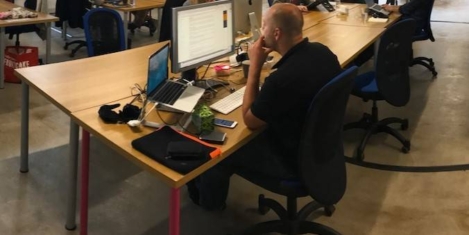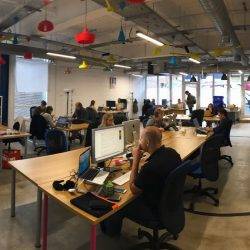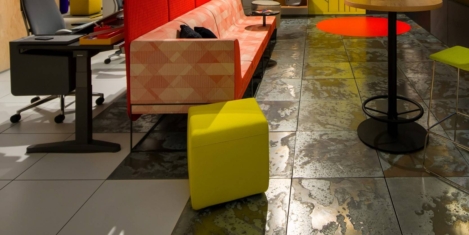June 28, 2018
The self-employed enjoy higher levels of wellbeing and happiness, but work still needed
 Policymakers and business leaders must work to improve wellbeing among the self-employed, a new report by the Centre for Research on Self-Employment (CRSE), has said. Instead of exploring self-employed wellbeing through the conventional prism of economic success, the report, The Way to Wellbeing, adopts a new approach. It considers people’s overall life satisfaction, based on their subjective assessments of various aspects of their lives – including jobs, income, health, family life and leisure. The report found that wellbeing was higher among self-employed people by using subjective assessments of different aspects of their lives. This is the first time a major report of its kind has taken a holistic view of wellbeing – looking at jobs, health, family life and leisure – to build an overall picture of life satisfaction, rather than just using a narrow measure of economic success.
Policymakers and business leaders must work to improve wellbeing among the self-employed, a new report by the Centre for Research on Self-Employment (CRSE), has said. Instead of exploring self-employed wellbeing through the conventional prism of economic success, the report, The Way to Wellbeing, adopts a new approach. It considers people’s overall life satisfaction, based on their subjective assessments of various aspects of their lives – including jobs, income, health, family life and leisure. The report found that wellbeing was higher among self-employed people by using subjective assessments of different aspects of their lives. This is the first time a major report of its kind has taken a holistic view of wellbeing – looking at jobs, health, family life and leisure – to build an overall picture of life satisfaction, rather than just using a narrow measure of economic success.








































February 5, 2018
Developing a cultured nose for what makes workplace design great
by Steve Brewer • Comment, Workplace design
More →